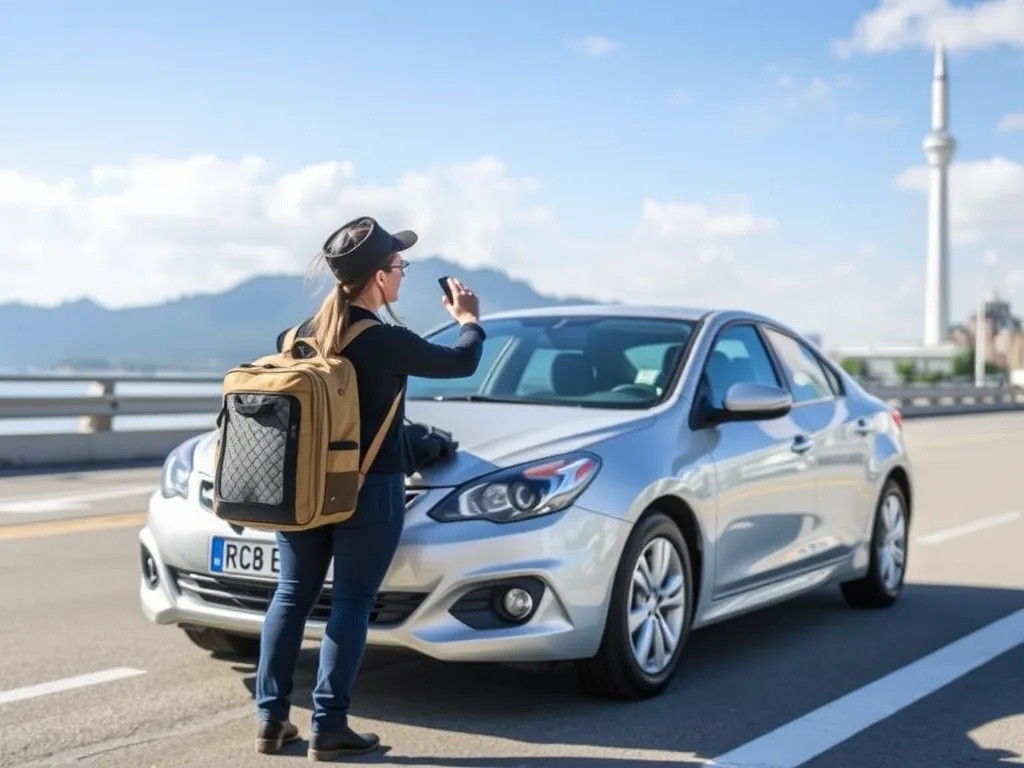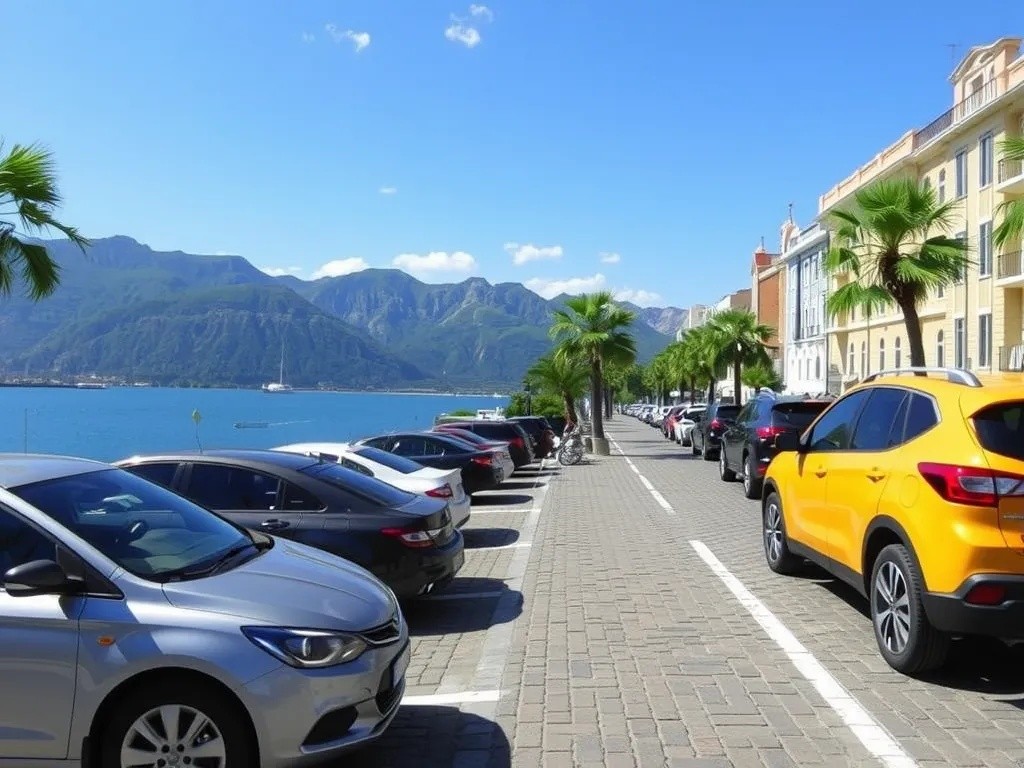
Renting a car while traveling abroad can provide unparalleled freedom to explore your destination at your own pace. However, navigating the complexities of international car rentals requires careful preparation and understanding of local regulations. This comprehensive guide will help you make informed decisions and avoid common pitfalls when renting vehicles in foreign countries.
Essential Documentation Requirements
International Driving Permit (IDP)
An International Driving Permit is often the most crucial document you'll need when renting a car abroad. This permit translates your domestic driver's license into multiple languages and is recognized in over 150 countries. You must obtain your IDP before traveling, as it cannot be issued while abroad. The process typically takes 2-6 weeks, so apply well in advance of your trip.
Valid Driver's License and Passport
Along with your IDP, you'll need your original driver's license and passport. Some countries may accept your domestic license alone, but having an IDP provides additional security and speeds up the rental process. Ensure your driver's license won't expire during your trip, as rental companies will reject expired documentation.
Understanding Insurance Coverage
Types of Insurance Available
International car rental insurance can be complex, with several coverage options available:
- Collision Damage Waiver (CDW): Covers damage to the rental vehicle
- Theft Protection: Protects against vehicle theft
- Third Party Liability: Covers damage to other vehicles or property
- Personal Accident Insurance: Covers medical expenses for injuries
- Personal Effects Coverage: Protects your belongings inside the vehicle
Checking Your Existing Coverage
Before purchasing additional insurance, check if your existing auto insurance policy or credit card provides international rental car coverage. Many premium credit cards offer collision damage coverage when you use the card to pay for the rental. However, this coverage often excludes certain vehicle types and may not cover third-party liability, which is mandatory in many countries.

Choosing the Right Vehicle
Consider Local Driving Conditions
Vehicle selection should match your destination's driving conditions. In European cities with narrow streets and limited parking, a compact car is often ideal. For rural areas or mountainous terrain, consider a vehicle with better ground clearance and more powerful engine. In countries where manual transmissions are standard, specify if you need an automatic transmission, as this may cost extra and have limited availability.
Fuel Type Considerations
Pay attention to fuel types, especially in Europe where diesel vehicles are common. Diesel cars typically offer better fuel economy for long-distance driving, while petrol engines may be more suitable for city driving. Some rental companies offer hybrid or electric vehicles, though charging infrastructure varies significantly between countries.
Understanding Local Traffic Laws and Regulations
Speed Limits and Traffic Signs
Traffic laws vary significantly between countries. Research speed limits, which may be posted in kilometers per hour rather than miles per hour. Familiarize yourself with local traffic signs and road markings. Some countries have strict speed enforcement with automatic cameras, while others may have different right-of-way rules than you're accustomed to.
Parking Regulations
Urban parking can be challenging and expensive in many international destinations. Research parking regulations, as violations can result in hefty fines or vehicle towing. Some European cities have restricted zones where only residents or specific permit holders can drive. GPS systems may not always account for these restrictions, so additional research is essential.
Financial Considerations and Hidden Costs
Understanding Pricing Structure
Car rental prices abroad can include various hidden fees. Base rates often exclude insurance, additional driver fees, GPS rental, child car seats, and fuel charges. Some companies charge for additional services like toll transponders or winter tires. Always request a detailed breakdown of all charges before confirming your reservation.
Deposit and Payment Methods
Most international car rental companies require a credit card for the security deposit, which can range from several hundred to over a thousand dollars. Debit cards are rarely accepted for the deposit. The hold on your credit card may remain for weeks after returning the vehicle, so ensure you have sufficient credit available for other travel expenses.

Pre-Rental Inspection and Documentation
Thorough Vehicle Inspection
Conduct a comprehensive inspection before accepting the vehicle. Document any existing damage with photos or videos, including scratches, dents, tire condition, and interior wear. Check that all lights, indicators, and equipment function properly. Ensure the rental company acknowledges all pre-existing damage on the rental agreement to avoid disputes upon return.
Understanding Fuel Policies
Rental companies typically offer several fuel options: full-to-full (most economical), full-to-empty (convenient but expensive), or prepaid fuel (often overpriced). The full-to-full option usually provides the best value, requiring you to return the vehicle with the same fuel level as when you received it.
Tips for a Smooth Rental Experience
Book in Advance
Booking your rental car well in advance often secures better rates and ensures availability, especially during peak travel seasons. Compare prices across multiple platforms, including rental company websites, travel booking sites, and local providers.
Emergency Preparedness
Ensure you have emergency contact numbers for the rental company and understand their breakdown assistance procedures. Carry a physical map as backup to GPS systems, and consider downloading offline maps to your smartphone. Keep important documents like your rental agreement, insurance information, and emergency contacts easily accessible.
Renting a car abroad can significantly enhance your travel experience when properly planned. By understanding documentation requirements, insurance options, local regulations, and potential costs, you can navigate international car rentals with confidence. Take time to research your destination's specific requirements and driving conditions, and always prioritize safety over convenience. With proper preparation, your rental car can become the key to unforgettable travel adventures.
